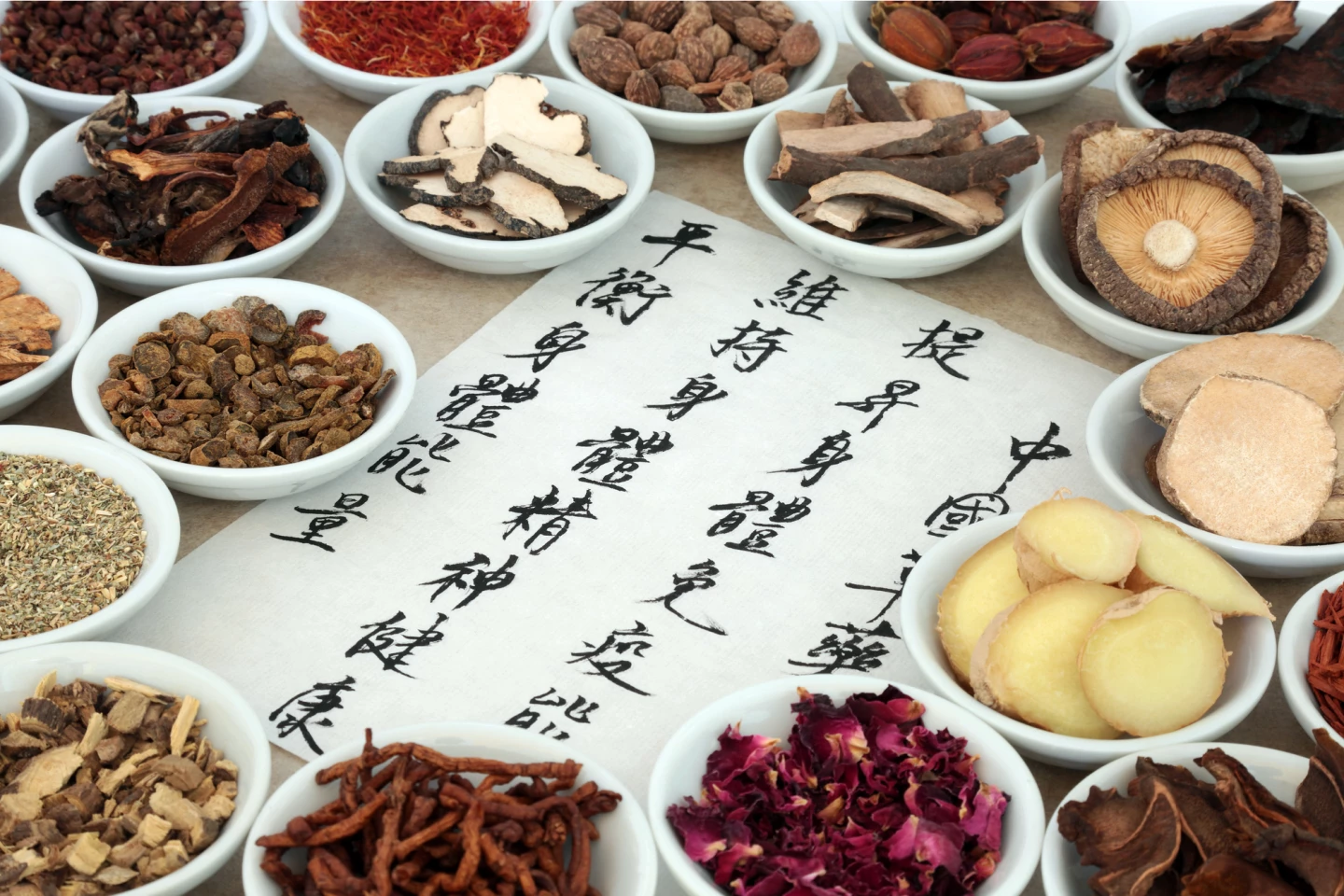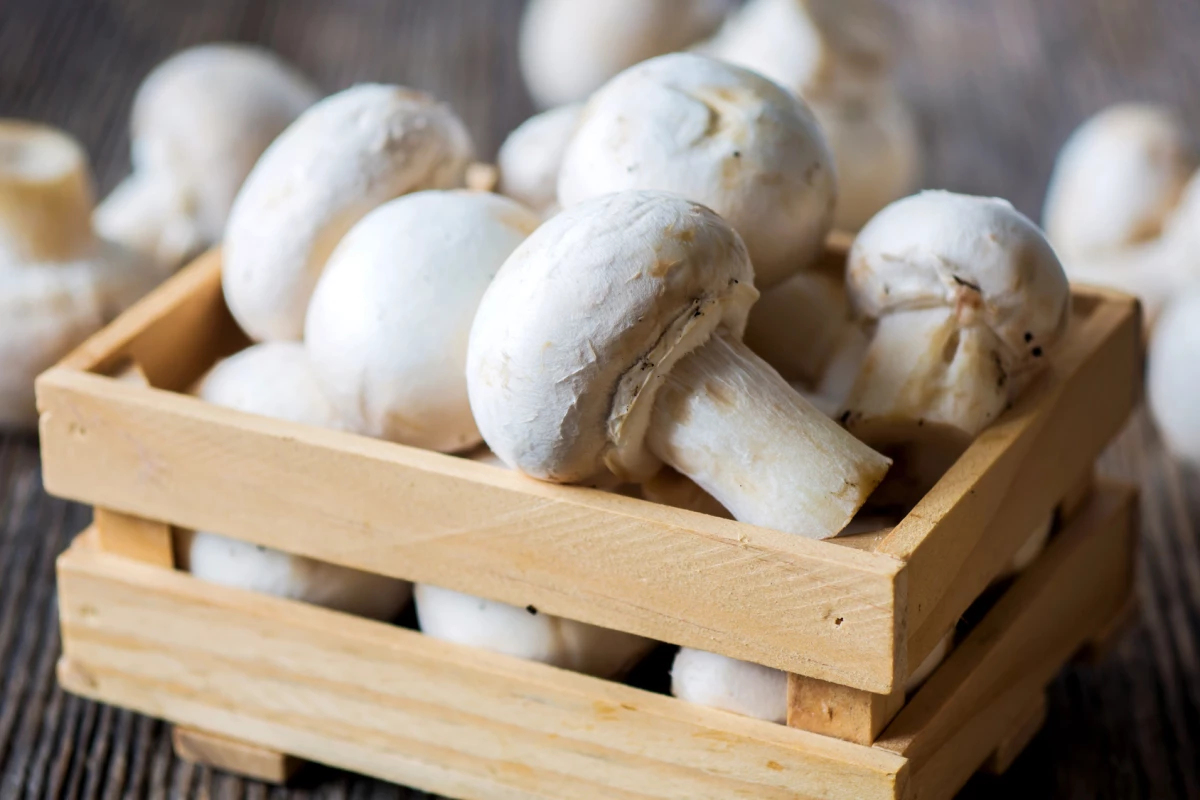The unassuming yet popular white button mushroom has cancer-fighting abilities, according to the results of a human clinical trial on the use of food as medicine. Not only does it slow tumor growth, but it also allows cancer-fighting immune cells to do their job effectively.
Coined in 1989, the term nutraceutical, a portmanteau of ‘nutrition’ and ‘pharmaceutical,’ has become somewhat of a buzzword. Used to denote food, or parts of food, with medicinal properties, the term is typically attached to something whose health benefits were recognized thousands of years ago by traditional medicine practitioners.
While the widely consumed white button mushroom has been promoted as a nutraceutical with anticancer properties, its mechanism of action has not been understood. Now, a new study by researchers at City of Hope, one of the US’s largest and most advanced cancer research and treatment organizations, has uncovered how the popular fungus exerts its health effects.
“City of Hope researchers are investigating foods like white button mushroom, grape seed extract, pomegranate, blueberries and ripe purple berries called Jamun for their potential medicine properties,” said Shiuan Chen, PhD, a professor from the City of Hope’s Department of Cancer Biology and Molecular Medicine and the study’s corresponding author. “We’re finding that plant-derived substances may one day be used to support traditional cancer treatment and prevention practices.”
Agaricus bisporus, the white button mushroom, is the most cultivated edible mushroom worldwide. White button mushroom extract is also commercially available. The researchers had previously undertaken a phase I clinical trial, administering white button mushroom tablets to participants as a nutraceutical intervention for recurring prostate cancer. In 13 of the 36 trial participants, the treatment decreased prostate-specific antigen (PSA) levels without affecting blood testosterone levels. PSA is a protein made by cancerous and non-cancerous prostate cells and is measured to screen for prostate cancer.
In the present study, a phase II trial, the researchers investigated immune responses to white button mushroom consumption in preclinical trials on mouse models of prostate cancer and clinical trials with prostate cancer patients. They focused, particularly, on immune cells called myeloid-derived suppressor cells (MDSCs), which accumulate in the tumor microenvironment and inhibit other immune cells from fighting cancer while promoting tumor growth.

In the mouse models, the researchers tested FDA-approved, orally administered white button mushroom extract as both a prophylactic and a therapeutic. As a prophylactic, the extract was given seven days before the mice were injected with tumor cells. It was seen to significantly delay prostate tumor growth and extend the mice’s survival. When given as a therapeutic to mice with established prostate tumors, a single daily dose of the extract shrank the tumors and kept them at a smaller size compared to the control group. It also extended the mice’s survival.
Regarding the extract’s effect on the animals’ immune cells, it reduced the number and function of MDSCs. The reduction in T-cell-suppressing MDSCs was associated with greater T cell numbers and an improved T-cell-mediated immune response. In human prostate cancer patients, after three months of treatment, the researchers saw the same reduction in MDSCs and activation of T and natural killer (NK) cells, both of which aid in the destruction of cancer cells.
While the researchers say their findings suggest that white button mushrooms provide an anticancer immune defense and slow cancer growth, they warn against embarking on a button mushroom-heavy diet without consulting a medical professional.
“Our study emphasizes the importance of seeking professional guidance to ensure safety and to avoid self-prescribing supplements without consulting a health care provider,” said Xiaoqiang Wang, MD, PhD, a City of Hope staff scientist and the lead author of the study. “Some people are buying mushroom products or extract online, but these are not FDA-approved. While our research has promising early results, the study is ongoing. That said, it couldn’t hurt if people wanted to add more fresh white button mushrooms to their everyday diet.”
If you or someone you know would like to participate in the National Cancer Institute-funded phase II clinical trial on the use of white button mushroom extract to treat prostate cancer, please visit the City of Hope’s clinical trials webpage.
The researchers are now investigating whether a reduction in MDSCs is associated with improved clinical outcomes in prostate cancer patients.
The study was published in the journal Clinical and Translational Medicine.
Source: City of Hope






